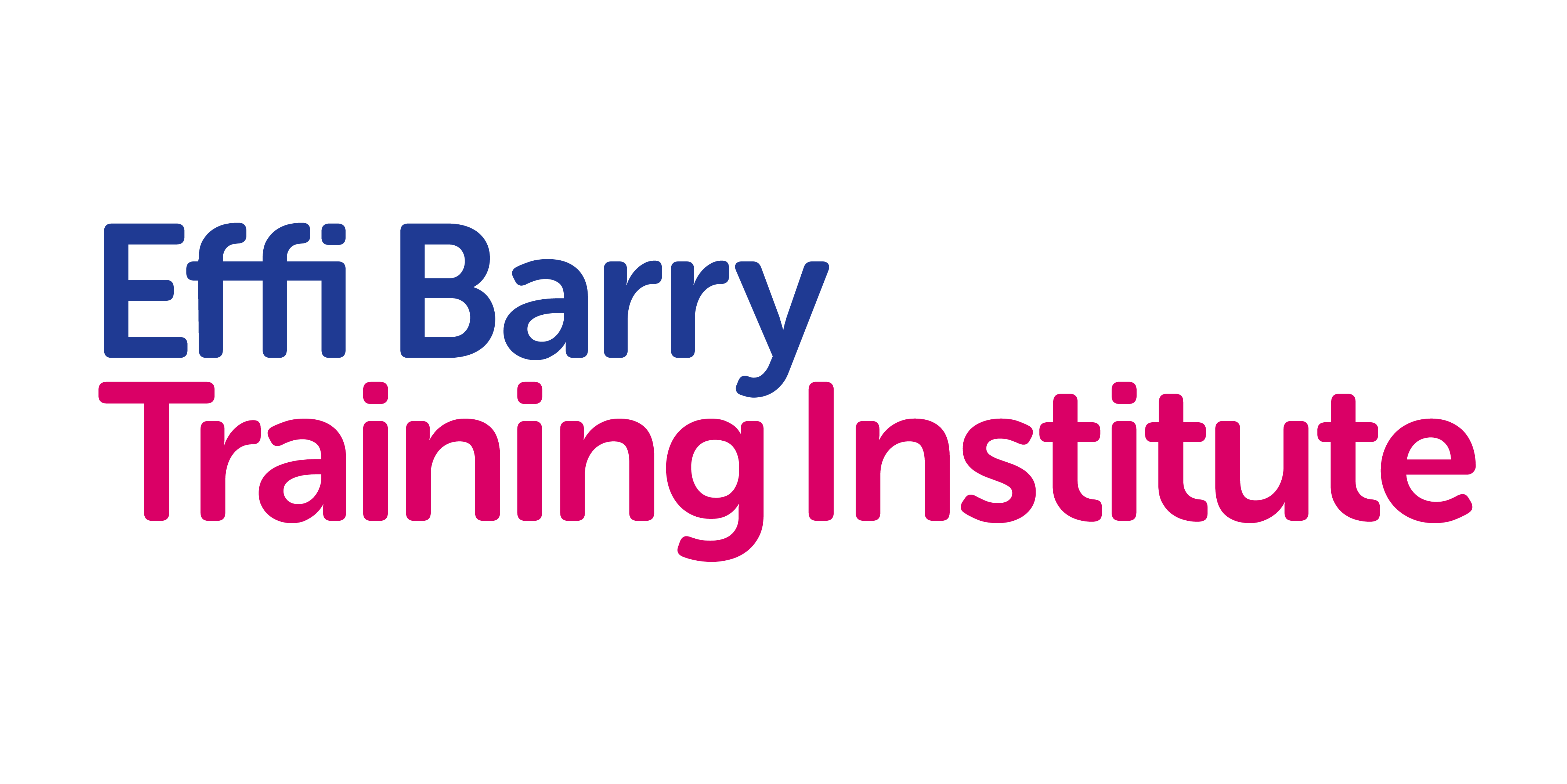Effi Barry Training Institute

PURPOSE
This institute is designed to strengthen the capacity of the HIV care and prevention workforce to optimally plan, implement, and sustain high-impact HIV prevention (HIP) and HIV care interventions and strategies under the new DC Department of Health’s business process within CBOs, community partners and healthcare organizations to reduce HIV infections and HIV-related morbidity, mortality, and health disparities across the Greater Washington regional area.
STRATEGY
Effi Barry Training Institute provides trainings and technical assistance to support current and prospective HAHSTA grantees and community-based organizations in the Fee-for-Service business process; basic HIV service competencies; advanced skills in health care systems, data and health informatics; high-impact prevention programs, including biomedical; and emerging evidence-based or informed approaches through a series of group-level trainings, boot camps, community forums, and individual consultation.
OUTCOMES
The institute is expected to demonstrate measurable progress toward addressing the short-term outcomes listed below. These include:
1. Increased accessibility, availability and utilization of culturally and linguistically appropriate capacity building assistance including state-of-the-science information, training, and technical assistance including consultation, services, and facilitation of peer-to-peer mentoring for all service areas and supporting activities;
2. Improved capacity of the community providers and workforce to implement the new DOH business model, innovative approaches to HIP, HIV care/treatment, and supporting activities, including increases in their knowledge, skills, self-efficacy, and intended use of capacity; and
3. Improved provision of quality service approaches that are available to consumers within the Washington DC regional area.
HISTORY
Since 2007, the Council of the District of Columbia and DOH HAHSTA have invested over $4,950,000 in District-based organizations through the Effi Barry HIV/AIDS Program/East of the River Project. To date the Effi Barry HIV Program has provided capacity building grants and group/individual-level capacity building assistance to over 100 organizations based in the District of Columbia. This effort has directly benefitted their ability to develop new innovative approach and/or expand a range of prevention-focused programs that promote testing, maintain treatment, PrEP, and eliminate stigma.
Visit EffiBarryInstitute.org for more information.